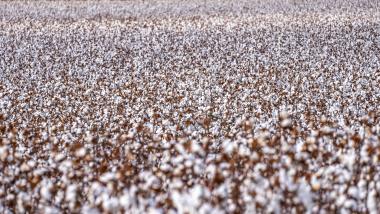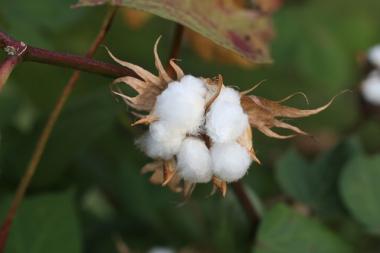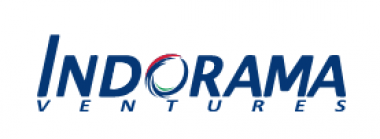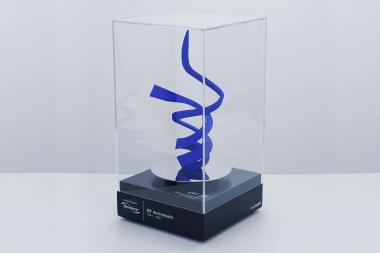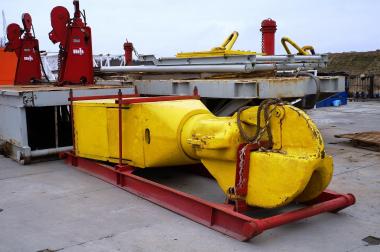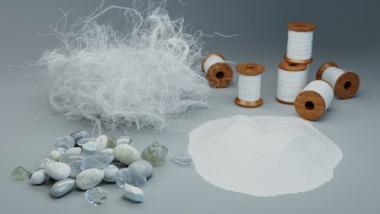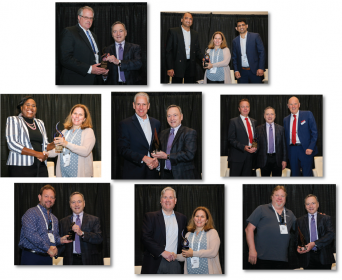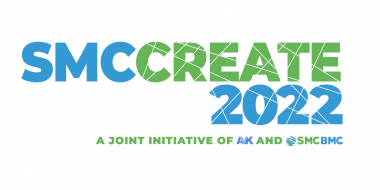USDA presents new study of Chinese Cotton Textile Industry
- Growing geographic separation between cotton production and textile manufacturing since the 1990s
The United States Department of Agriculture (USDA) released a comprehensive study about Chinese cotton in August 2022. The authors, Fred Gale and Eric Davis, concentrate on textiles, imports and Xinjiang.
China is the world’s largest textile manufacturer and the largest cotton consumer, but changes in China’s economy are reshaping the geography of its cotton-textile sector. Nearly all of China’s cotton is produced in the Xinjiang Uyghur Autonomous Region (XUAR), also known more simply as Xinjiang.
Their study reviewed the regional patterns of China’s cotton textile industry development and identified growing geographic separation between cotton production and textile manufacturing since the 1990s using data from Chinese sources. The study investigated spatial patterns of demand for imported cotton by analyzing lists of Chinese companies applying for a share of the import quota from 2016 to 2022. Multiple regression analysis was used to control for potentially confounding influences when investigating whether companies in coastal provinces were more likely to use imported cotton than similarly sized companies in other regions.
Textile manufacturers — the main consumers of cotton — are concentrated in coastal and central regions where the share of China’s cotton production fell from over 50 percent to 10 percent during 2011–21. These geographic changes are a factor influencing global trade in cotton and textiles. Additionally, the use of forced labor in Xinjiang attracted more attention to the industry, prompting the United States and other countries to ban products produced in the region.
This study reviews the economic, geographic, and policy factors reshaping the industry and influencing the global trade of cotton and textile products. The study also examines data on Chinese companies applying for a share of China’s cotton import quota to gain insight about the demand for imported cotton.
China became the world’s largest producer, consumer, and importer of cotton soon after joining the World Trade Organization (WTO) in 2001. Despite adopting a tariff-rate quota (TRQ) system for cotton imports and issuing supplemental quotas in most years, the large number of cotton goods manufacturers that request shares of the quota suggests demand for imported cotton exceeds the quota.
While the TRQ was intended to protect China’s cotton farmers, many farmers abandoned the labor-intensive crop as wages rose rapidly in many other industries and other crops produced higher returns. In response, officials encouraged cotton production in the relatively remote region of Xinjiang to prevent China from becoming reliant on imported cotton. Xinjiang growers receive a subsidy payment for cotton, and subsidies for machinery and seeds. A transportation subsidy induces textile manufacturers in eastern and central regions to purchase cotton from Xinjiang, which is about 2,200 to 2,900 miles from most of the country’s textile manufacturers. Financial support and other incentives encourage manufacturers to shift operations to Xinjiang.
Textile manufacturers in China are highly interested in importing cotton due to its lower price and quality. China imports about 20 percent of its cotton, and the United States is a chief exporter of cotton to China. While imported cotton is used in all provinces, manufacturers near the eastern seaboard show a greater propensity for imports. Nevertheless, in all regions, domestic cotton has the largest share of mill use.
Between 2016 and 2022, 1,581 companies applied for a share of the TRQ, and 265 companies applied in all 7 years. Most of these companies also applied for supplemental quotas issued with slightly higher tariffs. This large number of applicants suggests that imports could be even greater if quotas did not limit them. The operation of the quota application process is not public information, but data submitted by applicants suggests access to imported cotton is uneven. About 14 percent of applicants said imported cotton comprised over half of the cotton they used. Another 20 percent of companies requesting import quota did not use any imported cotton, suggesting that many applicants are unable to import. Textile manufacturers coped with limits on cotton imports by increasing their use of synthetic, chemical-based fibers or by importing cotton yarn. From 2000 to 2020, China’s yarn imports doubled from under 1 million metric tons to around 2 million metric tons with Vietnam supplying about 45 percent of that total in 2020.
The number of textile manufacturers in Xinjiang applying for a share of the cotton import quota rose from 37 to 68 between 2016 and 2022. However, imports constituted less than 2 percent of the cotton Xinjiang applicants reported using—and 66 percent of them reported using no imported cotton—suggesting that applications from Xinjiang textile companies were often denied.
Analysis found that applicants in coastal provinces used more imported cotton than similarly sized applicants in other regions. Each location of a multi-plant company must apply separately for tariff-rate quotas. Textile manufacturers in Xinjiang that requested a share of the import quota included branches of some of China’s largest textile companies, but the analysis found that Xinjiang applicants used less imported cotton than similar manufacturing plants located in other regions. China’s role as a cotton importer appears to have peaked, while other countries are increasing their share of imports.
USDA baseline projections suggest that by 2030 Vietnam, Pakistan, Indonesia, Bangladesh, and Turkey will together account for 47 percent of the world’s cotton imports while China will only account for 24 percent. The study cam be downloaded from the USDA website.


